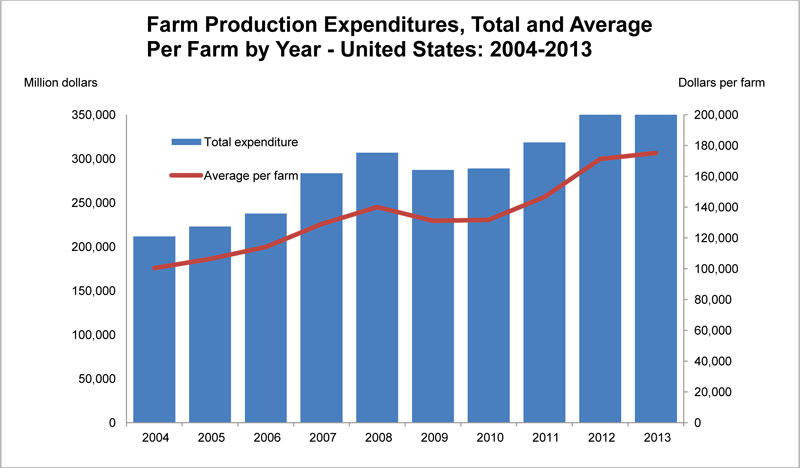Columbia, Mo. – As one of the worst droughts in more than 30 years continues to grip Missouri, the USDA Natural Resources Conservation Service (NRCS) reminds producers to work with their local NRCS office to remain in compliance with their current conservation plans on highly erodible land.
Drought conditions affect yields, which affect the amount of cover left on a field following harvest. Producers who have conservation plans for highly erodible cropland need to maintain a certain level of crop residue to remain in compliance with their conservation plans. The drought could make meeting that requirement difficult for some producers.
State Conservationist J.R. Flores says NRCS is providing some flexibility in its program requirements to assist producers affected by drought. Producers unable to meet residue requirements due to drought conditions may be eligible for a conservation compliance variance.
“NRCS understands that yields are down all across the state,” Flores says. “For this reason, producers may have more difficulty maintaining the required crop residues. One option producers can consider to alleviate the stress on the land is to plant cover crops following the fall or spring operation.”
Flores says, highly erodible fields that have been grazed or baled in 2012 would also be eligible for this variance, however the variance would not apply to irrigated fields that had sufficient water available to produce near normal yields.
Producers who have conservation contracts also may not be able to implement practices or conservation enhancements in accordance with their current conservation contract schedule. Producers are urged to visit with their local NRCS staff as soon as possible if they find themselves in this situation.





